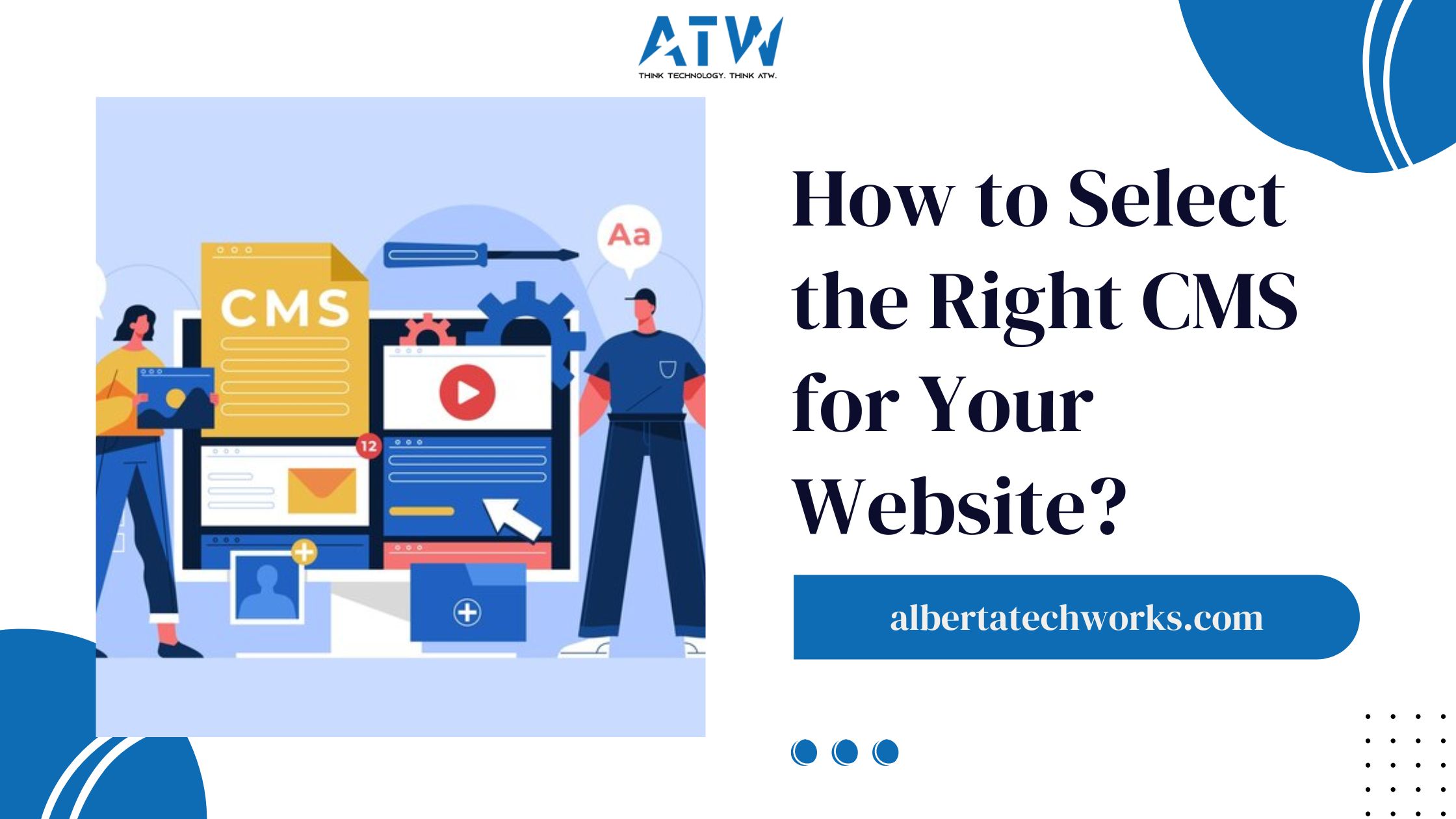Selecting the right CMS for your website can be a daunting task as we have an array of options available today. However, while choosing a suitable CMS, one thing to remember is to make the right choice. Otherwise, it may lead to adverse outcomes.
If we speak the truth, there’s no perfect CMS or solution that exists and can suit all the possible situations. Moreover, implementing and choosing the content management system is the beginning of a journey down a long road.
Purchasing a suitable CMS requires excessive support and oversight. As a result, it significantly impairs the ability of teams to manage content and leads to an undesirable website experience.
Most organizations and people make the top mistakes while choosing a content management system. They tend to overlook the long-term cost of an inexpensive solution, underestimate the work it takes to manage a good CMS, and forget to align the team’s needs with the CMS’s capabilities.
This blog intends to provide you with all the essential information you need to get the decision right.
Also Read: Drupal 7 To Drupal 9 Migration: Estimated Time And Cost
Tips For Selecting The Right CMS For Your Website
Here are our best ten tips for choosing the right CMS for your website:
#1 Take CMS software from outside
It may be enticing for you to believe that your team can build its own custom CMS including the open-source. However, there are fewer chances for it to work well. It doesn’t matter how many plans you make; your team is likely to lack years of experience. It leads to a capable hand handling complexities that come with CMS. The amount of developer support is essential to outweigh the cost of purchasing and selecting the CMS. You can opt for CMS, which big brands are using like Drupal. Many giant companies like Tesla Motors, eBay, NCAA.com, and others use the software.
#2 Get rid of developer reliance
It is one of the disaster recipes. Your development speed must not dictate your business moves. If you choose the right content management solution like Drupal, it enables your team to focus on strategies and campaign implementation, which can help in increasing the website traffic. In addition, you will not spend an excessive amount of time managing the technology.
#3 CMS must be scalable
Scalability comes as a no-brainer. It is given that every growing business will change, and it is inevitable. Also, changes may impact your websites. If you use Drupal, you can see that it will improve the website performance through caching, especially for logged-in users, reducing page load times and resource requirements.
Also Read: Why Is Drupal Best For Your Site In 2022?
#4 It must support omnichannel
Even if your business is leveraging mobile sites or desktops, you must consider other properties that you haven’t looked at yet. However, the only thing you need to understand is that it could benefit you in the future. Content exists in VR/AR, jumbotrons, digital assistants, kiosks, mobile, etc. We cannot find any signs of it slowing down in the future. So make sure you choose a CMS solution capable of supporting new channels when you are ready.
Drupal supports omnichannel with a few best key features. These include easy content authoring, responsiveness, multi language capability, channel optimization, and more.
#5 More codes, more flexibility
Even though your content management system would be the best one for you, it tends to fail if you lack the right programmer. Many traditional CMS headaches stem from requiring to hire resources that are highly skilled/specialized in a specific CMS infrastructure. It may create and limit bottlenecks. Instead, try the system which will allow the developers to utilize their code and strength in the preferred programming language.
#6 Support is essential
The system could be everything you want, but if the platform team is unavailable to help you in need, it may spell disaster for everyone. A proper content management system like Drupal allows the developers to work without disrupting the management and creation of content. This type of CMS helps your business to save time and money.
Also Read: How To Invest In Metaverse?
#7 Get a proof-of-concept and test first
Before rolling out the CMS for your entire site, test the CMS and get proof of concept. Implement a website section first, get end-users and team members to check everything from creation to authorization of the pages, and establish the workflow process. Testing mitigates issues that may not have been apparent and helps you save a lot of money and time.
#8 Choose an intuitive UI
A user-friendly interface is essential if you have a team that will live in the system every day. They’ll require a solution like Drupal, which is easy to use and does not require much technical know-how or training. In addition, they can quickly pick it up when they log back in.
#9 Ensure CMS has APIs and Supports integration
Whether you want to incorporate personalization into your marketing strategy or want some deep insight into users’ web interactions and behaviors, different microservices and apps are required to manage the day-to-day work on the website. Marketing demands solutions that are easy to integrate with the right marketing automation tool, business intelligence tool, Google Analytics, and RSS to deliver personalized content.
Partners need a better connection with the devices to manage partner alliances. Drupal is one CMS solution that introduces new APIs with each version and keeps only some of the previous major versions. Therefore, it is essential for APIs to be robust as it lets you easily connect with the third-party management tool.
#10 Visualizing and Organizing your website
The top thing you must do while implementing a new CMS or rolling out a redesign is to bring all your stakeholders into the room and gather their input and requirements. Failing to plan means planning to fail. Development of a well-thought-out content organization and taxonomy is your half battel which will help your business to meet its goal and succeed.
Also read: Challenges In Migrating From Drupal 7 To Drupal 9
Why Choose Drupal over other CMS’?
Drupal is often the best choice for high traffic, heavy content, and complex websites and those with large databases and libraries. It is one of the most secure, functional, flexible, and powerful CMS.
Want to migrate your website to Drupal 9? Contact Alberta Tech Works Drupal development team today!


